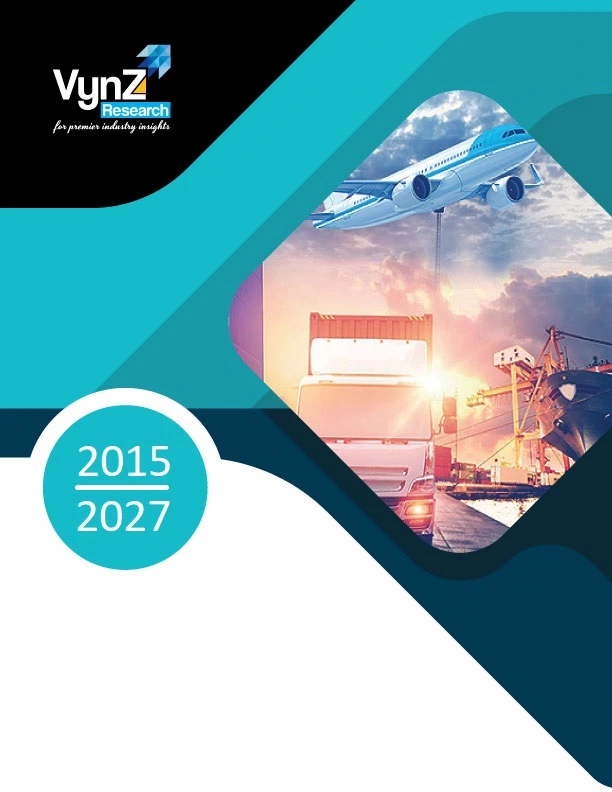| Status : Published | Published On : Dec, 2023 | Report Code : VRAT4076 | Industry : Automotive & Transportation | Available Format :

|
Page : 181 |

COVID-19 Outbreak – Impact Assessment on Automotive Industry
Sector Overview; Automotive Industry Forecast by Sector; Industry Response; Government Aids; Potential Impact; Recommendations (U.S., Germany, Spain, U.K., France, Italy, China, India, Brazil, and Others)
Industry Overview

Coronavirus disease (COVID-19) is an infectious disease caused by a newly discovered coronavirus. In December 2019, Wuhan Municipal Health Commission, China, reported a cluster of cases of pneumonia in Wuhan, Hubei Province. A novel coronavirus was eventually identified. As of April 25, there were 2.9 million cases of coronavirus worldwide resulting in deaths of more than 200K people globally. IMF predicted positive economic growth for more than 160 countries globally four months ago; however, now IMF anticipates that economies of more than 170 countries will shrink or witness negative growth in 2020 following COVID-19 outbreak.
The COVID-19 outbreak has negatively affected many industries including automotive industry. The global economy has been largely affected by the growth in the automotive sector. The sector employs more than 9 million people alone in manufacturing of automobiles globally, which includes over 5% of the global manufacturing workforce. Many other industries including steel, iron, glass, plastics, textile, rubber, software among others are dependent on the demand from automotive sector.
Potential Impact
Globally, automotive sector was already witnessed downturn during 2019, and the COVID-19 made it more difficult for industry to recover. It is estimated that global automobile sales will decline about 23% in 2020. Initially the disruption in supply and manufacturing hampered the industry significantly and now with the multifold decline in demand has led to the uncertainty regarding the recovery.
Geography Analysis
According to the Society of India Automobile Manufacturers (SIAM), passenger vehicle sales declined 51% to 143,014 units in March 2020 in India. Also, sales of commercial vehicles declined 88% to 13,027 units, those of two-wheelers fell 40% to 866,849 units. The COVID outbreak has crashed the automotive industry tremendously. U.S. is anticipated to witness a decline of 27% in automobile sales in 2020.
Different automakers have reported sharp decline in their sales and in the production owing to the COVID-19. Fiat Chrysler reported that its first-quarter sales in the U.S. fell by 10% even though sales were up the first two months of the quarter. Similarly, General Motors reported 7% decline in its sales in the first quarter due to the COVID-19. IN U.S., Honda reported 19% decline in first quarter, whereas Hyundai reported 11%.
Government responses:
Different governments across the globe are taking initiatives to support automotive industry amid COVID-19 outbreak. Although sector specific initiatives as awaited, several measures are being taken to revive the economic downturn. As of now government measures have been announced to economic securities for its citizens and industry. According to the IMF, an estimated USD 2.3 trillion (around 11% of GDP) Coronavirus Aid, Relief and Economy Security Act (“CARES Act”) is announced in the USA. The Act includes:
- - USD 250 billion to provide one-time tax rebates to individuals
- - USD 250 billion to expand unemployment benefits
- - USD 24 billion to provide a food safety net for the most vulnerable
- - USD 510 billion to prevent corporate bankruptcy by providing loans, guarantees, and backstopping Federal Reserve
- - USD 359 billion in forgivable Small Business Administration loans and guarantees to help small businesses that retain workers
- - USD 100 billion for hospitals
- - USD 150 billion in transfers to state and local governments
- - USD 49.9 billion for international assistance (including SDR28 billion for the IMF’s New Arrangement to Borrow).
- - COVID-19 Benchmark to Financial Meltdown 2009
The global financial meltdown started in December 2007 and a step decline was witnessed till September 2008. From 53 million units of car produced, globally in 2007 to 47 million units of car produced in 2009, the industry witnessed major decline in revenue. IN the US alone the production of automobiles slashed by approximately 2.5 million units with production of 12.9 million units in 2008 as compared to 15.4 million units in 2007.
Japan, Western Europe and North America was the most hit by the financial crisis. In 2008, the car sales in Western Europe, Japan and North America witnessed y-o-y decline of 8.4%, 4%, AND 15.3%.
The Report Offers:
- - Detail understanding of automotive industry history, present and future.
- - It provides understanding on how COVID-19 has impacted the sector and what is anticipated in the future
- - Provides how so far governments have reacted to the outbreak and what measures are being taken that could be vital in industry survival
- - It offers benchmark on how industry was affected during the previous pandemic or financial meltdown
- - It provides a benchmark on how long it may take for recovery when compared to SARS and MERS
- - Insight on how many job losses may occur due to COVID and how much losses to industry and different stakeholders
- - Provides overview of the automotive industry and its subsectors and its response to COVID-19
- - Detailed understanding on how shall stakeholders prepare themselves in the coming months and years
Report Scope:
- - The report offers an overall impact assessment
- - Industry response to the outbreak
- - Complete overview of automotive industry
- - Country wise analysis
- - Government response and aids across the globe
- - Potential impact and recommendations
Purchase Options
Latest Report
Research Methodology
- Desk Research / Pilot Interviews
- Build Market Size Model
- Research and Analysis
- Final Deliverabvle
Connect With Our Sales Team
- Toll-Free: 1 888 253 3960
- Phone: +91 9960 288 381
- Email: enquiry@vynzresearch.com
